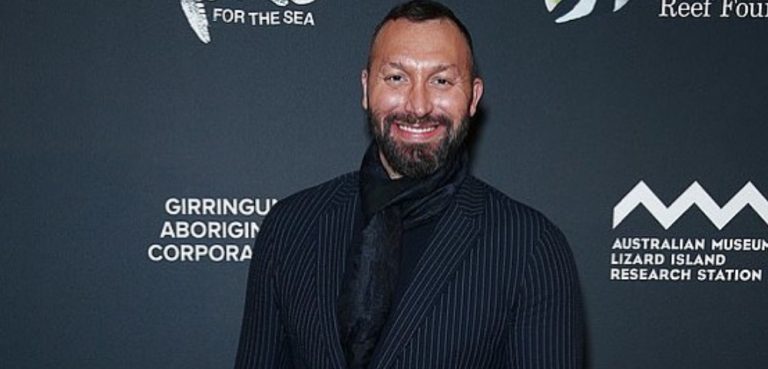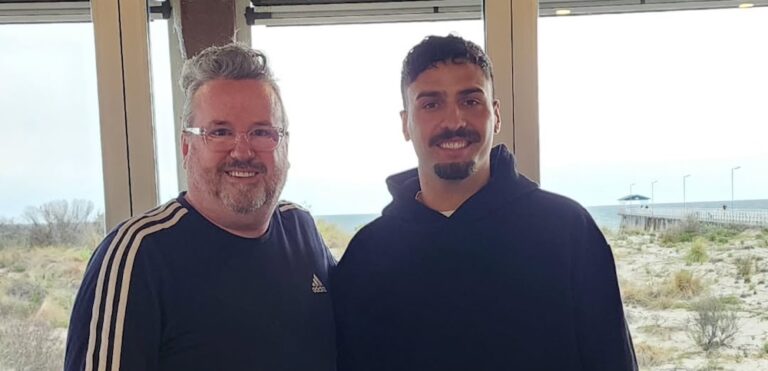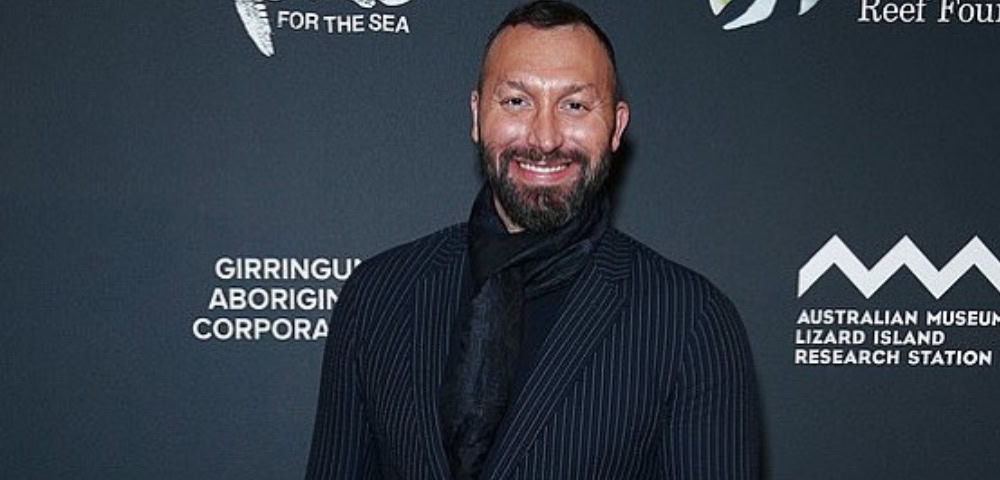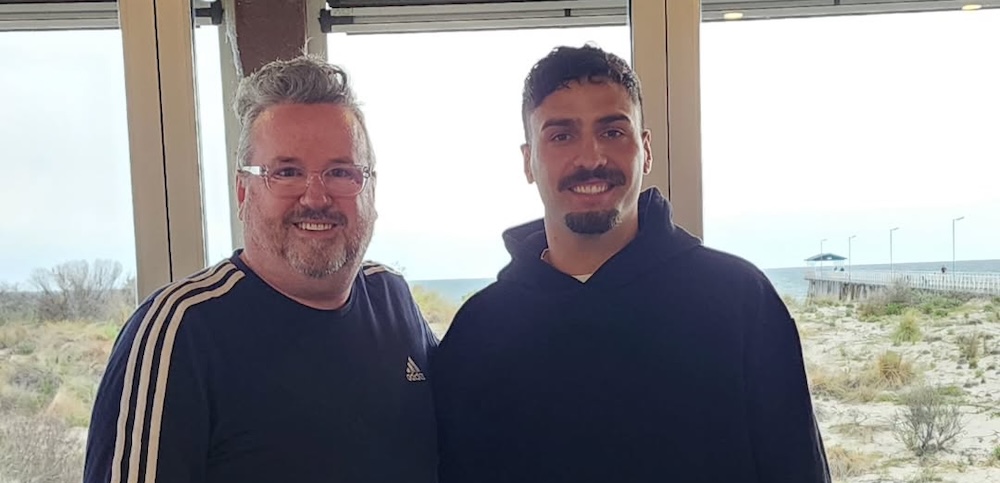
Matthew Mitcham Tried To “Train” The Gay Away
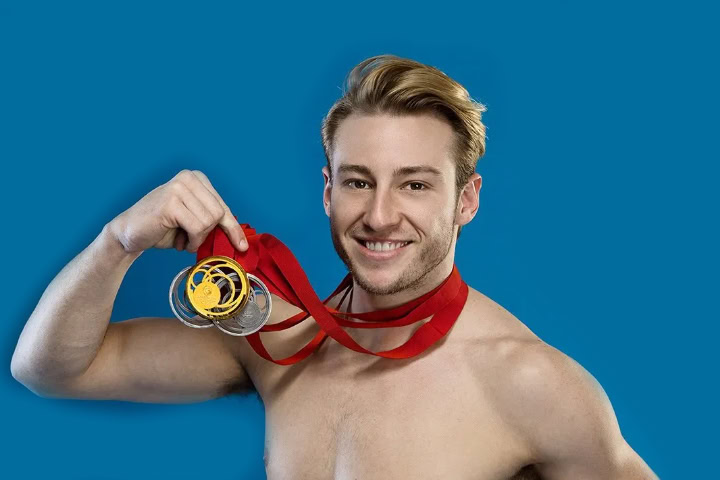
Matthew Mitcham, the 32 year old retired diving superstar who competed at the Beijing Olympics in 2008 and was also the first openly gay man to win an individual Olympic gold medal EVER, has confided in a deeply personal interview with BBC Sport that he used snapping a rubber band on his wrist as a DIY form of gay conversion therapy, to try and train himself out of being gay.
“I was so scared of [being gay] that I would actually tie a rubber band around my wrist and every time I had a gay thought I would snap it, to try and associate pain and suffering with the gay thought. To try and train myself out of being gay,” he revealed in the interview.
Pre-Olympics Reveal
It’s a sobering reminder that people from all walks of life struggle with feelings of fear and rejection that can sometimes accompany the realisation that you’re ‘different’. But Mitcham ended up getting through those difficult times and came out stronger on the other side, even being so brave as to allow the publication of an interview with the Sydney Morning Herald just before the 2008 Olympics, where he accidentally mentioned he was living with his boyfriend.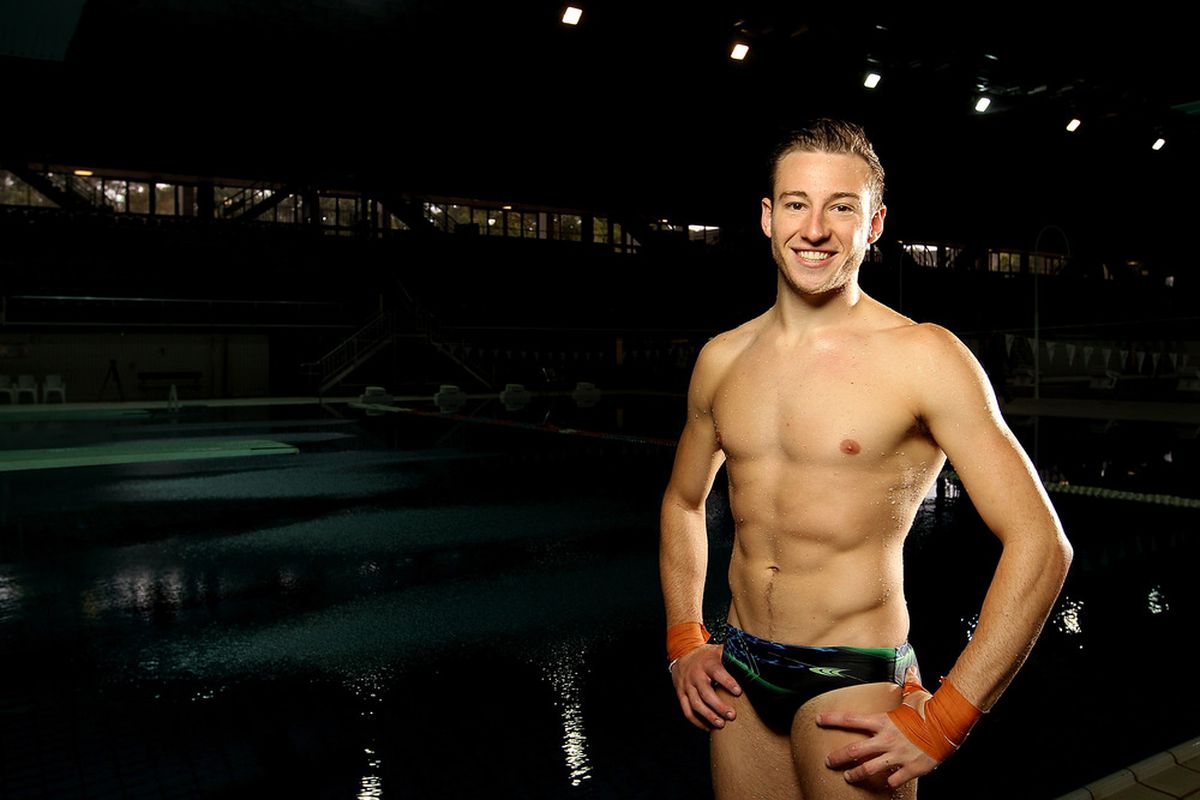
“I was scared about the response, but going into the Olympics I didn’t want the Australian public to think of me one way – as straight – and then have to come out afterwards, feeling like I’d lied to them,” he says. “I thought it might mean I had no supporters, but the response was fantastic and I gained this enormous colourful worldwide community. It’s honestly the best decision I’ve ever made.”
Being an openly gay athlete hasn’t been the only challenge in Mitcham’s life and growing up with a mother with mental health problems meant finding escapes in other ways, which lead to battles with alcohol and drug addictions before and after his triumphs in Beijing.
“Winning Olympic gold is the most extreme natural high you can ever experience,” says Mitcham, who then pauses, laughs and adds: “That’s why I became a drug addict!”
Olympic Sized Come Down
In comments which shine a light on what our athletes face mentally in the comedown of winning glory at the Olympic Games, he says he enjoyed his success for a “matter of days” before discovering he was still ranked as world number two behind the Olympic silver medallist – who had attained more success in the World Series. The disappointment sent him into a spiral and then “ashamed”, he hit rock bottom and became addicted to crystal meth, keeping the secret from his loved ones.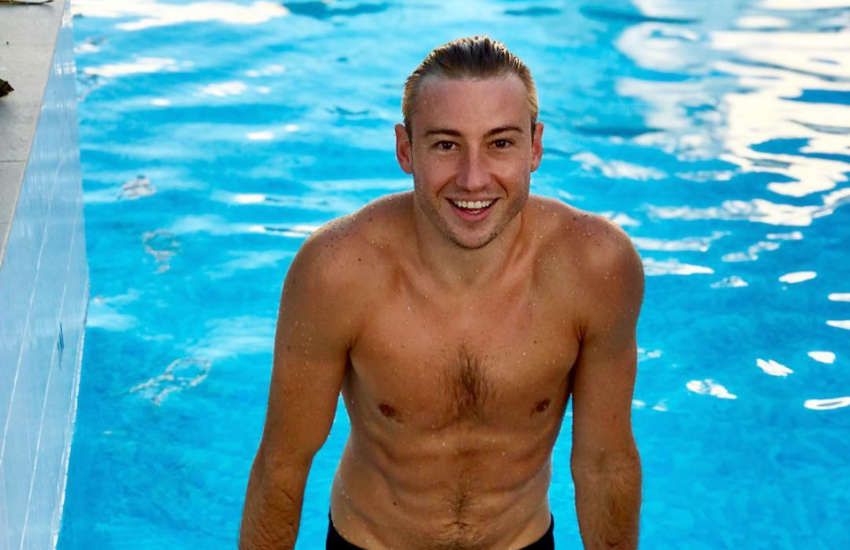
“Knowing I would be drug-tested at every competition I would detox from drugs for the weeks before competing and I’d go through these horrible withdrawals,” he recalls. “They were so bad that I’d promise myself with every cell in my body that I was not going to use again, but I couldn’t ever keep the promise.
“It got dark. My self-esteem was shattered, at times killing myself seemed like the easiest way to deal with this but I finally took myself to rehab.”
Coming Out The Other Side
But he got through it and returned to training and diving and in 2010, achieved the world number one ranking that he’d so desired two years before. Then finally retiring in 2016.
On reflection of his achievements and career, Mitcham is able to be kinder to himself and see his amazing achievements for what they were, not just as a gold medal winning Olympic diver (he was also the first Australian male to win an Olympic gold medal in diving since the 1924 Olympics in Paris) but also a champion for the LGBTQI community and the people who see him as a role model for what they can achieve in their life, no matter who they want to love or how they identify.
“In Beijing there were 11 openly LGBT athletes. Then there were over 20 at London 2012 and more than 40 in Rio 2016, so it’s doubling each Games.
“I’m pleased to have hopefully played a small part in that because visibility is so important.”
If you feel distressed reading the story, you can reach out to support services.
For 24 hour crisis support and suicide prevention call Lifeline on 13 11 14
For Australia-wide LGBTQI peer support call QLife on 1800 184 527 or webchat.

